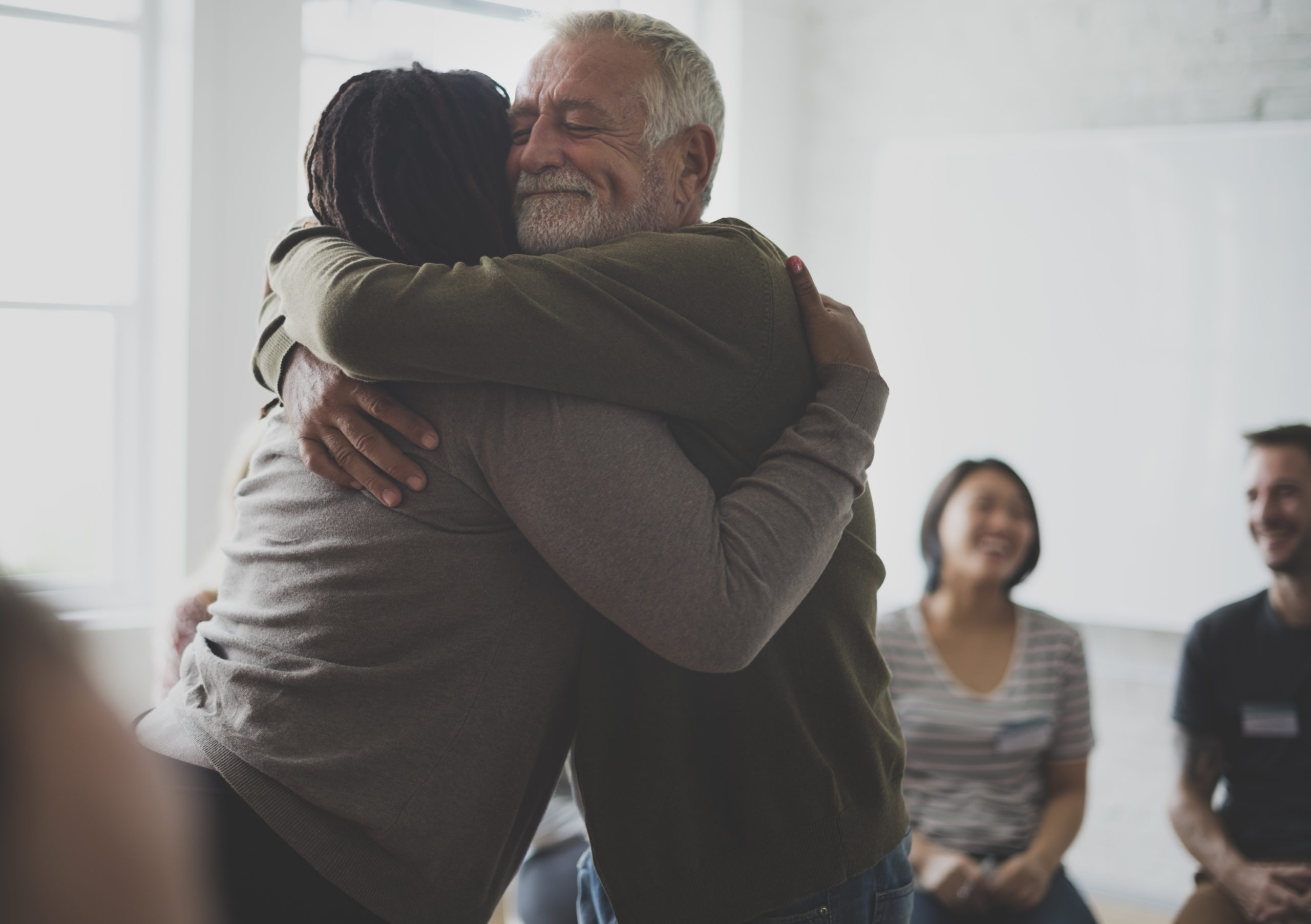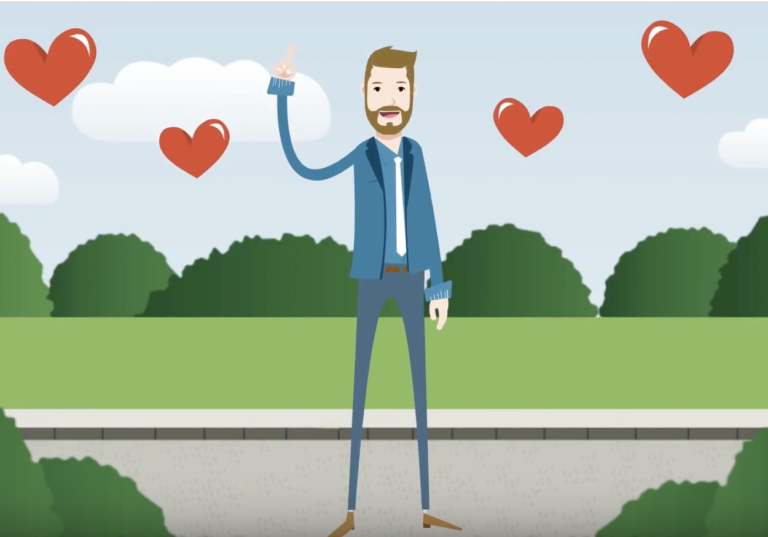This past week, the website Quartz.com published a lengthy and informative article about the human elements involved within the recovery process and how important they truly are. For many, in fact, that may be the most important element of the entire journey. Of course detox, counseling and ritualistic therapies play a huge role; but at the end of the day, perhaps the “human connection” is what motivates us most.
The Quartz piece profiled a North Carolina-based recovery clinic founder named Jennifer Nicolaisen, who built her entire practice around the community philosophy. A former addict herself, Nicolaisen believed it was personal relationships and one-on-one interactions that pulled her out of the depths of despair.
“The opposite of addiction is not sobriety,” she told the site. “The opposite of addiction is genuine, meaningful interactions and authentic connections and experiences with ourselves, each other, and the world around us.”
Her practice happens to be called Seek Healing and it has gained worldwide recognition for its unique approach to treatment. “Bonding” is one key element that is emphasized. As Nicolaisen describes, many users are technically “bonded” to their substance of choice. But (as she puts it) if that bond could be broken and reformed with a new friend or personal support system, the transition would be far less challenging.
Nicolaisen calls clients within her program “Seekers” or those looking for meaningful relationships to replace the relationship they currently have with their substance. People within her healing facility are also paired up and encouraged to participate in activities like listening training and meditation.
The listening exercise has pairs remove all judgment from their conversations. Nicolaisen likens it to working a muscle, where people can openly express their feelings and practice honesty with one another. Vulnerability is also encouraged and privacy is a mandate within these intimate settings.
“The whole project is a playground of different ways to help people feel connected in this intentional, non-transactional way,” Nicolaisen added. “When people are disconnected from other people, they are disconnected from their own humanity and their own experience of being a human being. Having a humanizing experience can make people remember and want a life worth living.”
We wholeheartedly agree that community building is critical for those in recovery and for those who pass through it. Valley Recovery Center also follows this mantra closely with Alumni Groups and intimate support systems for anyone looking to get clean.

Old guy consoling a woman with a hug





